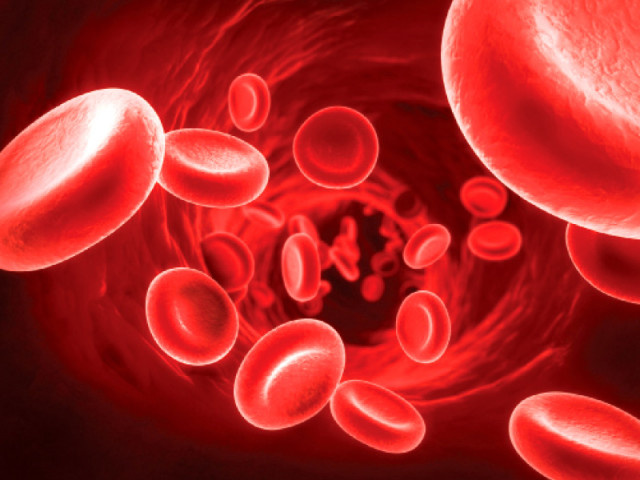Public health: Thalassaemia awareness needed ‘desperately’
Regular blood transfusions are painful and difficult.

Regular blood transfusions are painful and difficult. PHOTO: FILE
“Public awareness of thalassaemia is imperative to reign in this genetic disease in Pakistan,” said Haji Abdul Rashid, chairman of the Faisalabad Chamber of Commerce and Industry Standing Committee on Health and Social Welfare.
He was addressing an awareness seminar at NFC Institute of Engineering and Fertiliser Research.
He said that there were 12.5 million thalassaemia patients in Pakistan. He said the disease was a form of inherited autosomal recessive blood disorder.
“We have to invest in thalassaemia treatment. People often don’t understand how agonising the disease can be and the toll it takes on patients.”

He said regular blood transfusions were painful and difficult for patients. He said medicines for thalassaemia treatment were very expensive.
“We have to take a number of precautions to save newborns having this deadly disease”, he added.
Anam Tariq, an FFCI official, gave a detailed presentation on the steps the chamber had taken.
“The FCCI has been sponsoring awareness seminars in this regard,” she said. “Three seminars have been arranged so far for this purpose.”
Allah Rakha, the project officer for the Punjab Thalassaemia Prevention Programme, explained the transmission mechanism of the disease.
He said tests for thalassaemia were available at all public hospitals.
Dawood Alvi, the general manger of the NFC, said raising awareness for the causes and symptoms of the disease was imperative for any health campaign to be successful. He said funds should be raised for public awareness campaigns on thalassaemia.

Punjab Thalassimia Prevention Programme field officer Muhammad Asif answered questions of participants of the seminar.
He said thalassemia was caused by weakening and destruction of red blood cells.
“Thalassaemia is caused by variant or missing genes that affect how the body makes haemoglobin,” he said.
He said people with thalassaemia could get an overload of iron in their bodies, either from the disease or from frequent blood transfusions.
“Too much iron can damage the heart, liver and endocrine system,” he said.
“The damage is characterised by excessive deposits of iron. Without adequate therapy, almost all patients with beta-thalassemia will accumulate potentially fatal iron levels,” he said.
He said people with thalassaemia had an increased risk of infection.
“This is especially true if the spleen has been removed,” he said.
He said thalassaemia could make the bone marrow expand, which caused bones to widen.
“This can result in abnormal bone structure, especially in the face and skull,” he said. “Bone marrow expansion also makes bones thin and brittle, increasing the risk of broken bones.”
He said the disease could affect a child’s growth.
“Puberty may be delayed in children with thalassaemia,” he said.
Published in The Express Tribune, April 25th, 2014.



















COMMENTS
Comments are moderated and generally will be posted if they are on-topic and not abusive.
For more information, please see our Comments FAQ